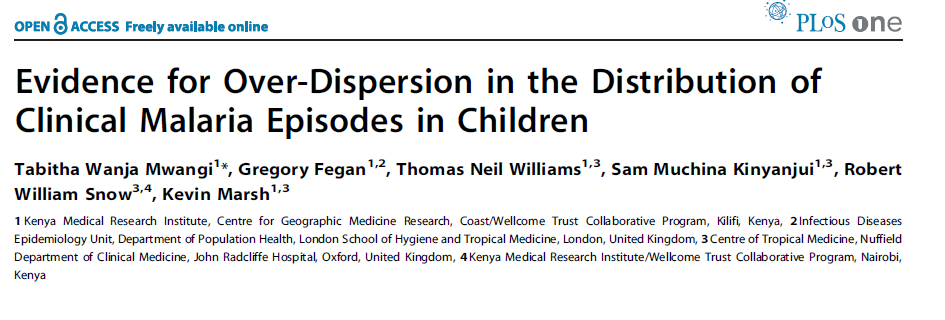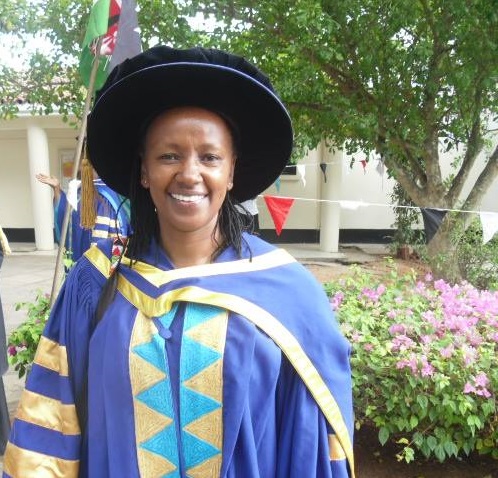
Thorny issue of university promotions
In my last blog, I wrote about the travail of pursuing a PhD in Kenya. Here, I want to discuss the niggling issue of research publication and promotions at the university. Since the boom of university colleges across the country in the last 10 years, promotions have been conducted in a manner that is not transparent. Tribe became more important than qualifications.
Moi University tribal politics
When the Commission for University Education (CUE) started working on guidelines to harmonize promotions – there were some panic promotions. People who had never supervised a PhD student and some who had never published any research since their own PhD’s, were promoted to professor level mainly on tribal grounds. But that phase is hopefully tapering off.
The Commission for University Education (CUE) recently released a report titled: The harmonized criteria and guidelines for appointment and promotion of academic staff in universities in Kenya. One of the most important criteria in promotion for all institutions of higher learning is research and publications. Others are the quality of teaching and learning and administrative and other responsibilities. As well as community engagement. I will discuss the issue of research publications.
Promotional guidelines from CUE
Having research work published in a peer reviewed journal means that the article has gone through critique by peers in the same field and been found to be adding something new to the field. But research is rarely a one-woman/man job and many people work together to produce the final piece of work, therefore there are often many authors on a research publication.
The commission has come up with a weighing system to decide how many points each author on a research paper gets. These points can determine a promotion or lack of it.
According to CUE promotional regulations, a research article has a weighting of 8: the first author gets 4 points, second author gets 2.67 and the third author gets 1.33 points. All other authors do not get any points.
Although, the order of authorship has no generally universally agreed upon meaning, the method developed by CUE is likely to generate a lot of problems. Most medical or health research journals have the first author as the person who did most of the work and wrote the article. The person whose idea the research was and is most experienced in the field of research as the last author. Let me give an example….
I have not been in active research for ages – I am ashamed to say. So I will use the last paper I published as first author, in 2008, to illustrate this point. Using CUE system, I would get 4 points for this paper. My supervisor and boss, Prof Kevin Marsh would get no points at all.
Though I set up the study, supervised most of the data collection, analysed the data and wrote the paper, it was Prof Marsh who came up with the idea and got funding for the project. He supervised the project and guided the paper writing. His seniority earned him the last authorship on the paper. CUE’s rules then contravene the norm for health and medical research journals.
However, this may not be the case for other fields. Across disciplines, research groups, and countries, there are different ways of determining order of authorship. Examples of authorship policies include descending order of contribution, placing the person who took the lead in writing the manuscript or doing the research first and the most experienced contributor last, and alphabetical or random order.
However, CUE’s very strict -only the first 3 authors matters – can be debilitating. For one, it will kill collaborations among large groups of scientists. If Kenyan university researchers become fixated with where they appear on the line of authors due to this system, they will be difficult to collaborate with. Collaborations mean people share ideas – they can repeat each other’s work and put their data together and re-analyse it. It is through the process of repeatition that a scientific idea becomes established. It is not in working alone that research builds a nation but in pulling together.
There is also no mention of the impact factor. Some journals have a much higher impact factor than others, you need to meet a stricter criterion to publish in them and they are highly desirable in terms of seeking funding and building a reputation in the field. Yet CUE’s system of weighing publications does not tell apart a paper published in say Nature journal with a high impact and much lower impact journals.
This system may also breed friction and serious fallouts between students and their supervisors.
A lecturer may be tempted to place their names as first author where a student has done all the work in order to get a promotion quickly. Whether PhD students will be protected to make sure that all their work earns them first author papers needs to be clear.
The Commission on University Education needs to think through these guidelines and change them in tune with the times. Otherwise it will make Kenyans edgy collaborators – constantly checking where on the author list they lie – a great way to kill motivation and hopeless at building good research collaborative research programs.
Comments
-
Mart
Very insightful. CUE is comprised of Professors and doctors who also do publishing. How they would come up with such stringent measures knowing that research is a collaborative and you need to acknowledge all the parties involved is something one would fail to understand. It is therefore prudent to rethink the rules and incorporate such views.
-
-
-
-
-
-
Comments are closed.





Donald Otieno
Spot on